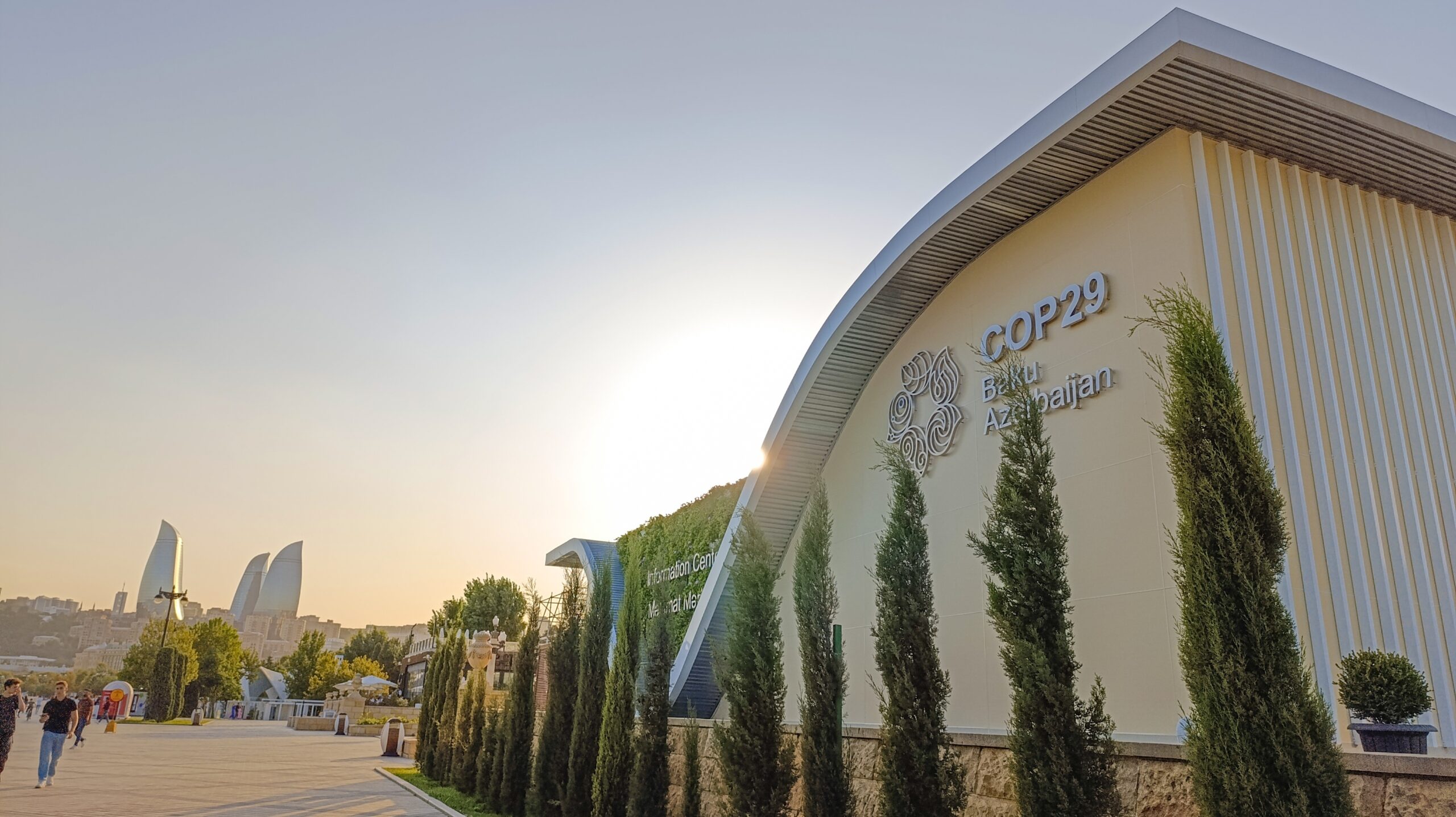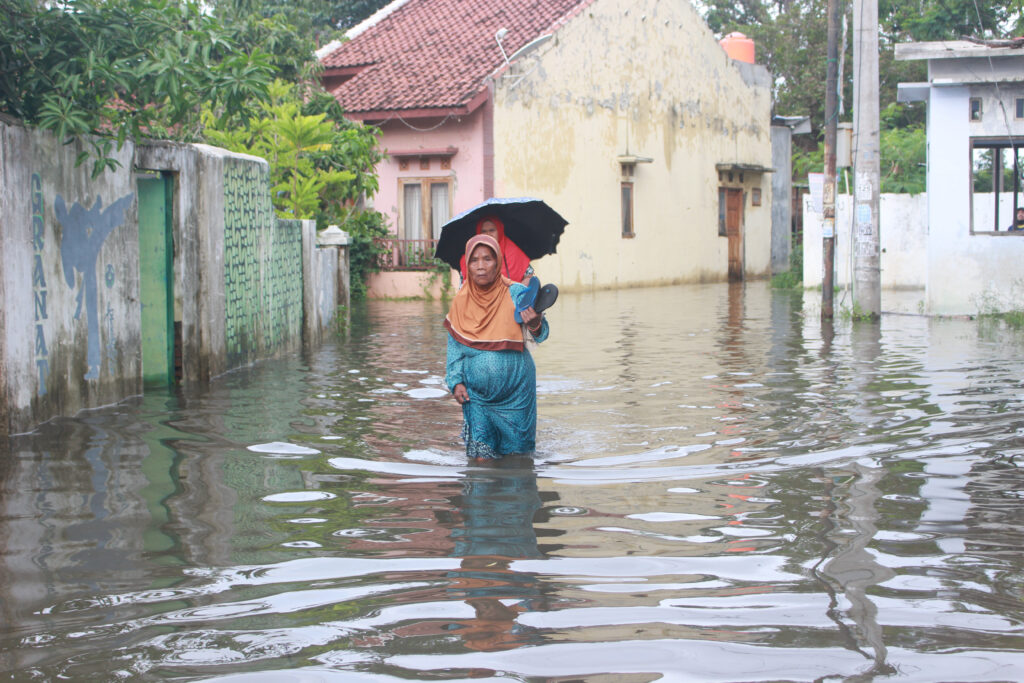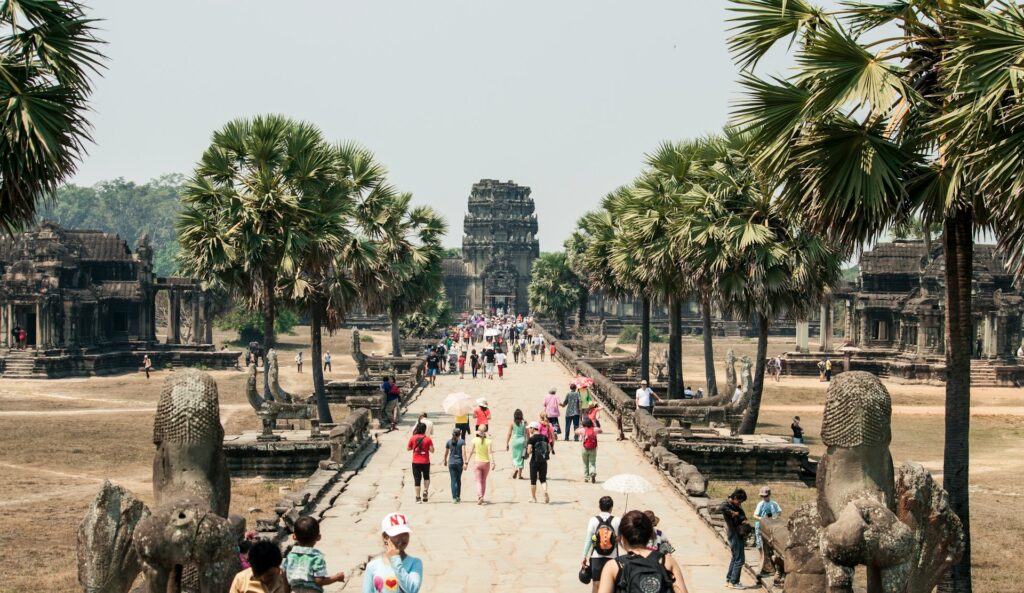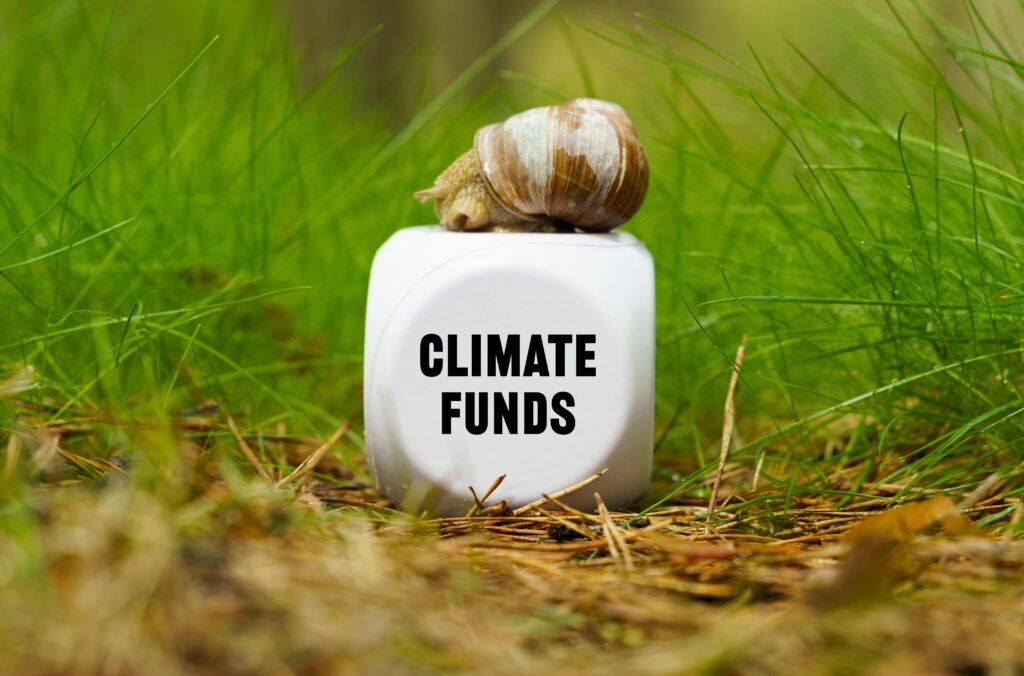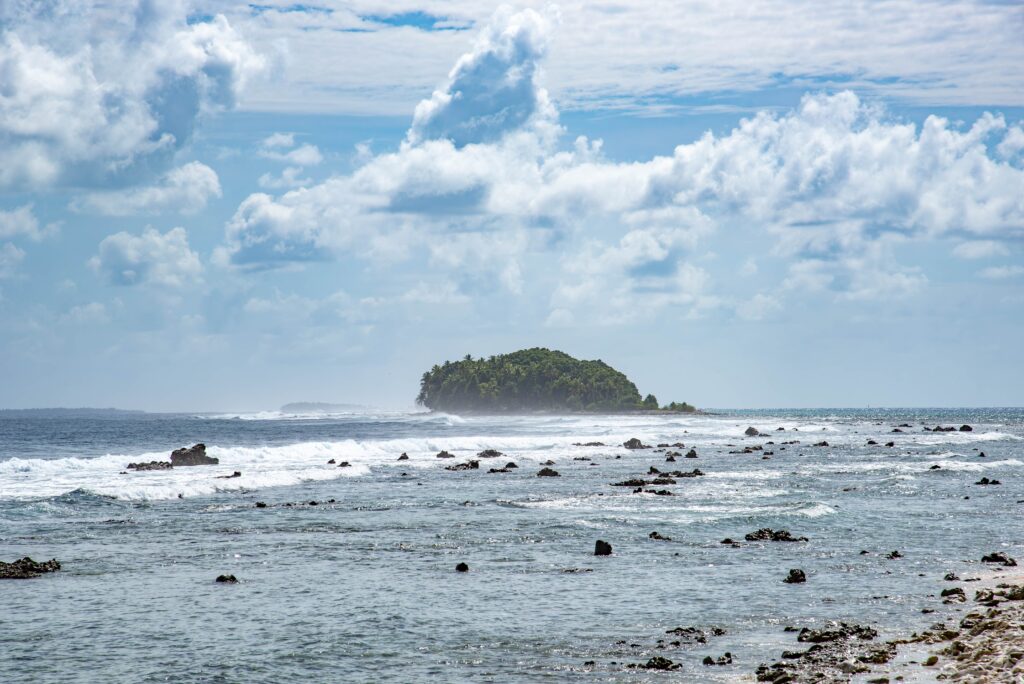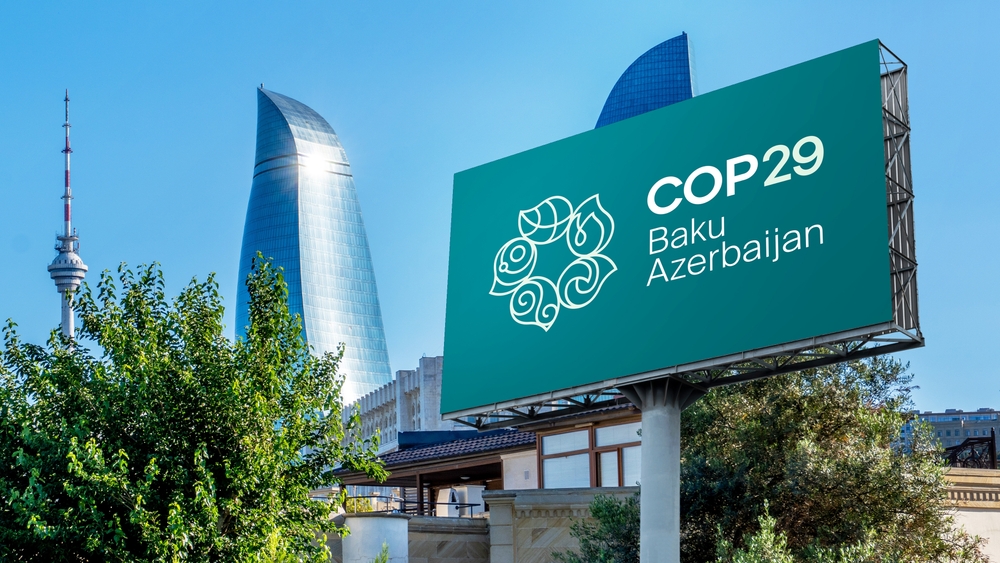November 18 marked the first-ever human development day at COP29 Azerbaijan. Human development is at the heart of meaningful climate action. Investing in education, skills, health and well-being empowers individuals to contribute to collective efforts across climate mitigation and adaptation, implementing innovative climate-positive solutions while coping with a warming planet.
While past COP summits have made progress on these issues related to human development, this year’s hosted the first holistic Human Development Day aimed at establishing a strategic global collaboration on human development and climate change. This focus recognises that the monumental mission of steering the world away from its current path of dangerous warming and adapting to its impacts will require a “whole-of-society” approach. As outlined by the COP29 Presidency: “Healthier, resilient, better educated and skilled people are spurring innovative climate solutions and powering the green industries of tomorrow.”
The Baku Initiative on Human Development for Climate Resilience
On Nov. 18, COP29 2024 hosted a series of high-level meetings and events on investing in human development, including the launch of the Baku Initiative on Human Development for Climate Resilience. This new initiative integrates human development — including education, health, social protection and job creation — into climate action. The 12 actionable principles aim to provide a renewed approach, “equipping all people with the tools, support, and opportunities to live healthy lives, gain knowledge and skills, and access the resources necessary for achieving climate-resilient development”.
The initiative places particular attention on the needs of children and youth, recognising that these groups are uniquely vulnerable to climate change. The crisis is disrupting essential services like health, education and nutrition, for example, with nearly 40 million children losing access to education each year.
COP29’s lead negotiator, Azerbaijan’s Deputy Foreign Minister Yalchin Rafiyev, described the initiative as a natural continuation of the commitment to human-oriented climate action, noting that human development investments must begin at an early age to empower youth through education, health and skills.
Advancing Sustainable Development Goals and Climate Goals Together
A mutually advantageous relationship exists between sustainable human development and climate action and resilience. “Investments in human development not only build and enhance resilience to climate change but also fuel solutions to tackle it,” stated the UN’s International Organisation for Migration. The human development required to meet our climate objectives is also a critical component of achieving the sustainable development goals, meaning the human-centred approach of the Baku Initiative aims to elevate both in tandem.
Education and Youth Empowerment
For education, the Baku Initiative will enhance global cooperation on greening education by establishing global minimum standards for greening schools, curriculum, teacher training, education system capacity and communities through UNESCO’s Greening Education Partnership. “From early childhood to higher education and vocational training, we must ensure that learners are equipped with a robust understanding of climate science as well as of social and economic aspects of climate change,” said Christopher Castle, UNESCO’s director of peace and sustainable development. “Beyond just knowledge, learners need to empathise with others and harness their own agency to actively drive climate solutions.”
Health and Climate Resilience
On health, the Baku COP Presidencies Continuity Coalition for Climate and Health aims to embed health permanently into climate action agendas. Cofounded by the World Health Organisation (WHO) and past, current and future COP presidencies, the coalition will ensure sustained collaboration across leadership cycles. COP29 Baku also enhanced the climate focus of the Health Impact Investment Platform, ensuring communities are equipped to handle health crises exacerbated by climate change
Green Jobs and Skills
A just transition to green economies requires investments in workforce development. Sahil Babayev, Azerbaijani minister of labour and social protection of the population, highlighted the need for skilling, reskilling, and upskilling workers to align with emerging green industries. This initiative emphasises inclusivity, addressing gender disparities and preparing workers for the evolving labour market. Such efforts ensure that communities are equipped to thrive in a sustainable, climate-resilient economy.
Human Development: Investing in People for the Planet
This year’s Human Development Day placed people at the heart of climate action and resilience. With COP29 themed as the “Finance COP,” UN chief António Guterres underscored the urgency to support these vital initiatives with finance and political will: “Climate finance is not charity, it’s an investment. Climate action is not optional, it’s imperative. Both are indispensable: to a liveable world for all humanity and a prosperous future for every nation on Earth.” Turning pledges into action is now imperative. Delivering the Baku human-centred initiatives requires worldwide investment into health, skills and livelihoods to unlock transformative and lasting benefits for humanity and our planet.
Evelyn Smail
Writer, United Kingdom
Evelyn is a freelance writer and journalist specialising in climate science and policy, the just energy transition and the human impacts of climate change. She writes for independent publications, NGOs and environmental organisations. Evelyn has a background in sustainable development, climate justice and human rights.
Evelyn is a freelance writer and journalist specialising in climate science and policy, the just energy transition and the human impacts of climate change. She writes for independent publications, NGOs and environmental organisations. Evelyn has a background in sustainable development, climate justice and human rights.

